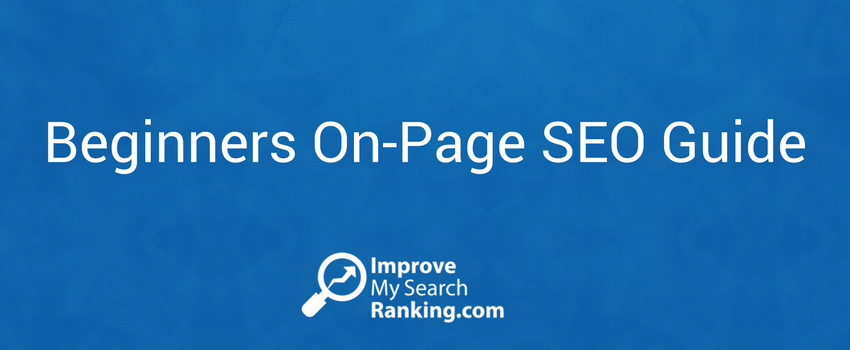
How to improve an international content marketing and SEO strategy
Expanding a business into the international market is a major milestone that comes with a variety of opportunities and its own set of challenges.
In the digital landscape, this step marks a major development, which also requires adjusting the current content marketing and SEO strategy. A standardised strategy will most likely not work internationally and for a wide variety of target audiences.
Here are a few tips on how to improve an international content marketing and SEO strategy by taking into account many different factors.
1. Localised keyword research
One of the most important parts of an effective SEO and content marketing strategy is to build a thorough understanding of your target audience. This includes information on who they are, what they want, how they search, and how they like to engage with your website and content.
However, a global SEO and content strategy requires more than that.
To be successful internationally and in multiple countries, a standardised understanding of your target audience may not suffice. You will also have to invest your time and effort in researching localised keywords.
People in different countries may refer to an object with a different word or keyword phrase. For example, in the U.S., a “trainer” usually means a physical trainer or a gym instructor. In the U.K., the word “trainer” may generally refer to a pair of running shoes.
Knowing the local language and researching localised keywords may give you an edge over other international competitors. It will also help you drive more relevant traffic, which is also likely to increase your conversion rate and revenue.
2. Understanding different dialects and the local culture
While conducting localised keyword research is an important first step, it is recommended to go deeper down the rabbit hole.
You also need to take into account the different dialects, diversity in languages within the same country, and different cultures and subcultures that will all, undoubtedly, play an important role in driving relevant traffic to your site.
For example, a lot of people in Canada speak French, but would they want to see product prices in Euros instead of Canadian dollars? Similarly, both Morocco and the Kingdom of Saudi Arabia have Arabic as their official language. However, Saudi Arabia bans drinking alcohol, so you can’t advertise that.
Knowing the subtle differences and the diversity of culture and language is a crucial aspect. Otherwise, a simple mistake can not only reduce your organic traffic, but it may also damage the credibility of your business. While the idea of a standardised strategy or language is tempting, it is not necessarily a practical one.
3. Using the hreflang tag attributes
The hreflang tag is an important one if you are trying to cater to an international market. This attribute asks Google to identify the browser language of the user and then serve the web page in the same language.
For example, if a user from Spain searches for and lands on your website, the hreflang tag will signal to Google to present the Spanish version of the web page.
By automatically serving the most familiar language to online users will help you create a more user-friendly experience for them. This will help increase credibility and improve the bounce rate and the conversion rate on your website.
4. Generating local backlinks
Backlinks are an integral part of search engine optimisation. Most international websites have a robust link-building strategy in place. However, to improve an international content marketing and SEO strategy, you also need localised link-building to support your overall efforts.
How can you source backlinks from popular local websites and platforms?
The answer is in networking.
Reach out to popular local platforms that directly or indirectly connect with your business and its offerings. For example, a hotel business can collaborate with local tourist and travel platforms, influencers, and travel bloggers to generate backlinks.
Local press releases, journalists, and bloggers can also be contacted to source backlinks. You can also consider organising local events that would likely create some buzz and get you important backlinks from local sources, media outlets, and news websites.
Conclusion
Establishing your authority in the international digital landscape can be a tricky but exciting venture. However, it does require some extra effort.
Use the tips mentioned in this article to dominate the international market with a well-rounded content marketing and SEO strategy.








